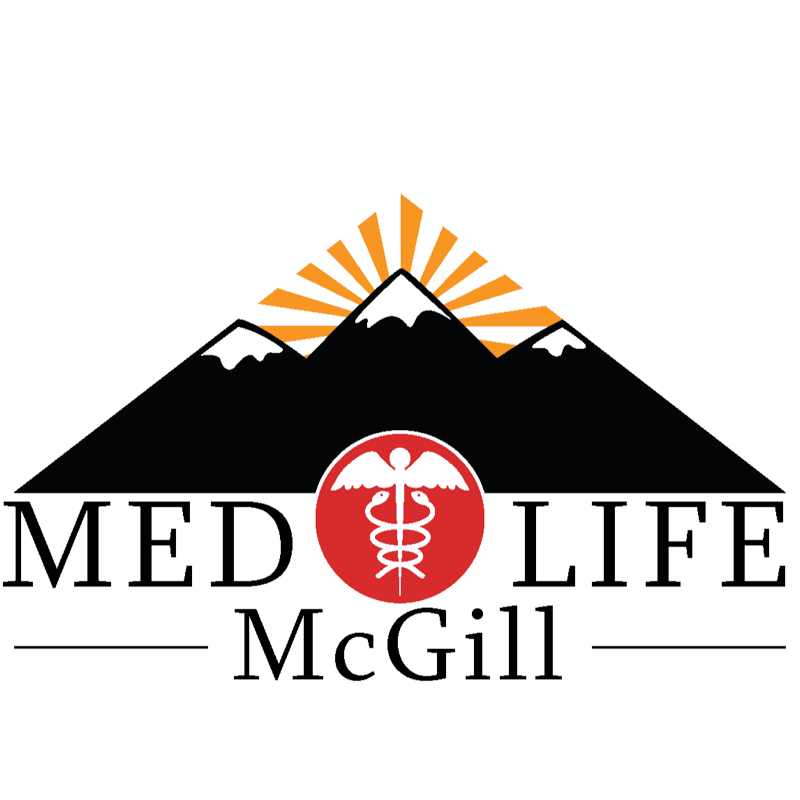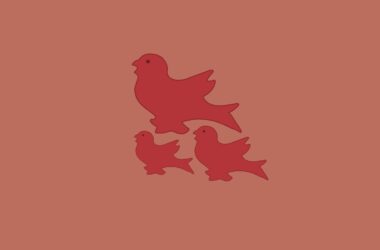Over 20 people tuned in on Nov. 12 for MEDtalks 2020: Aging in Today’s World, a lecture series hosted by MEDLIFE McGill. First held in 2012, MEDtalks is an annual event intended to provide the McGill community with an opportunity to learn about current medical issues on both a local and global scale.
Gabrielle Belloir, U2 Kinesiology and co-vice president Informational Outreach at MEDLIFE McGill, explained that the unique challenges the world’s increasingly elderly population present were selected as this year’s MEDtalk topic because they are not discussed as much as necessary.
“As of today, the ageing population is the highest it’s ever been in human history,” Belloir said. “With [that] comes various problems, like lack of proper healthcare and retirement aid [….] As young people, we associate ageing [with] our grandparents, and many of us don’t think of it as something that is relatable. [However], whether it’s a societal or individual level, ageing is an issue we all face.”
First to speak was Myra Giberovitch, a social worker, adjunct professor at McGill’s school of social work, trauma consultant, and author of the book, Recovering From Genocidal Trauma: An Information and Practice Guide for Working with Holocaust Survivors. Giberovitch spoke about the impact of loss experienced by elderly.
“There are significant losses [experienced by] older people, a loss of financial security, their spouses [and] family members die, they lose their autonomy, and they may need to relocate,” Giberovitch said, “So there are losses that they’re going through which may cause vulnerability and a sense of helplessness.”
Giberovitch elaborated on the impact that isolation caused by loss of friends and family members can have on the elderly, particularly those who have experienced trauma.
“We know that when people are isolated, they reflect on the past, and that’s a significant difference between survivors of war, […] and the older adult population in general,” Giberovitch said. “[Survivors] go back to traumatic experiences […] whereas older adults who didn’t experience trauma, they have positive memories, happy memories that they go back to.”
Next to speak was Dr. Howard Bergman, a professor of geriatric medicine and oncology in McGill’s Faculty of Medicine. During his talk, Bergman summarized his work, which includes creating the Canadian team for health care services, as well as improving the system to better serve patients in dementia care. He highlighted the importance of this initiative due to the impact that Alzheimer’s disease has on both individuals and the community.
“[Alzheimer’s] is a complex disease, requiring interest both inside and outside the health care system,” Bergman said. “It’s complex because it’s medical [and] biological [and] it’s a problem [of] mental health. [Alzheimer’s] has an impact on the immediate caregiver in the family and it has a tremendous societal impact. It requires mobilization of different sectors of our healthcare system and social care system.”
Dr. Celena Scheede-Bergdahl, faculty lecturer for McGill’s Department of Kinesiology and Physical Education and member of the Department of Anesthesiology at the Montreal General Hospital, closed the evening with a discussion on the prevalence of cancer in the ageing population, as well as possible intervention strategies.
“We have a [large] ageing population right now, and as the population ages, there are more chronic diseases that take place,” Scheede-Bergdahl said. “We have to really think about what these patients are going through. We can’t treat them all on a one-size-fits-all prescription. We have to take a look at cancer now, not just as a question of treating cancer, but […] in terms of survivorship after that.”
Belle Pan, U2 Science and co-vice president Informational Outreach with Belloir, summarized the goals that MEDLIFE McGill had for this year’s online lecture series in a message to The McGill Tribune.
“We hope that [this talk] will help raise awareness of the need for adequate care and support for our ageing population, as ‘care’ and ‘support’ are very vague terms,” Pan said. “It is our hope that everyone was able to learn something new and gain awareness of the challenges we are or will eventually face in caring for our elders.”









You can certainly see your skills within the work you write.
The arena hopes for more passionate writers such as you
who are not afraid to mention how they believe.
All the time go after your heart.